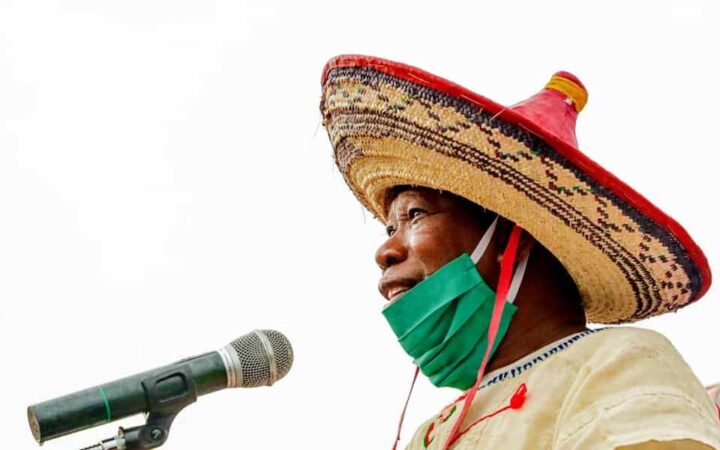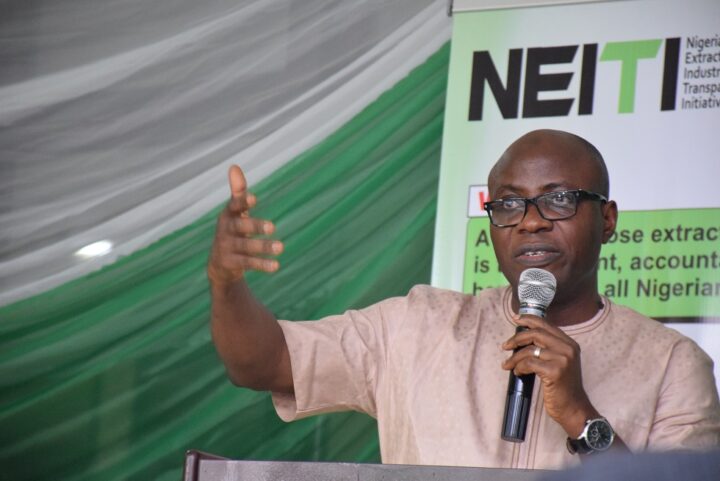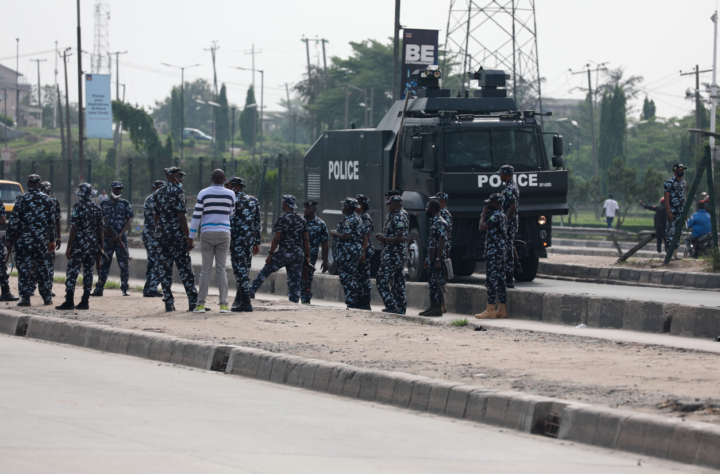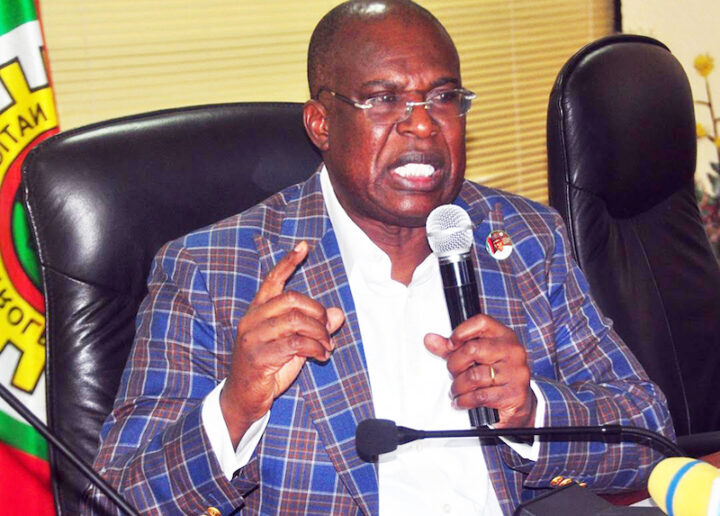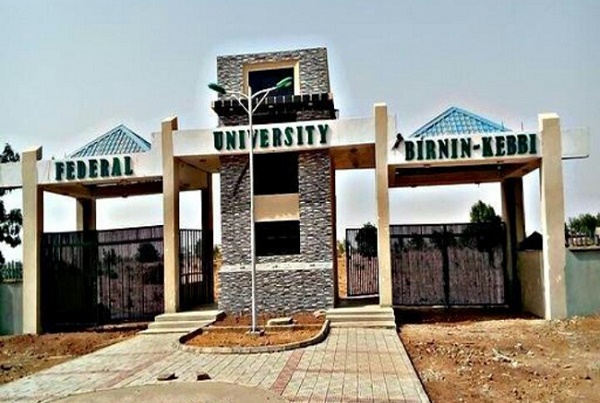Abdullahi Ganduje, governor of Kano, has explained how the state used the Rural Grazing Area (RUGA) system to address the crisis affecting farmers and herders.
Speaking when he featured on a programme on the Nigerian Television Authority (NTA) on Thursday, he said his administration, through the RUGA system, provided basic amenities for the herders.
Ganduje, who urged other states to adopt the RUGA system, said there was nothing to worry about as the process is relatively simple once herders understand what it involves.
“Here in Kano state, part of what we did was to disarm the cattle rustlers. We held several meetings, and we pardoned them. We gave them empowerment and then, we used our community policing to get information about their activities. So, we succeeded in drastically reducing the issue of rustling,” he said.
Advertisement
“So, the issue of herders and farmers conflict, that one too, we decided to educate the farmers that the issue of nomadism is no more attainable in modern Nigeria, because the grazing areas are being encroached by infrastructure, development, increase in population. So, the answer is no more the nomadic life that we are used to.
“The issue is that of RUGA system. This RUGA system, we are surprised why the system is frightening to others. It is just a mere rural grazing area. Here in Kano now, we have developed a RUGA system where we invited all our herdsmen to be accommodated in one place, [and asked] those who travelled far away, especially to the southern part of Nigeria, to come back.
“So, for the first prototype of the RUGA system, we are contracting enough dam to provide water for the cattle. We are also producing grasses for the feeding of the animals. We are building artificial insemination centre, and also the veterinary clinic, the market for the women to sell their milk, the school system, and also the security system with the police force. So, you can see that we have decided to make the herders stay in one place.
Advertisement
“I think that is the answer at this moment — to make them stay together in one place, so that you provide them with social amenities so that herdsmanship will be the issue of economic development rather than socio-cultural.”
